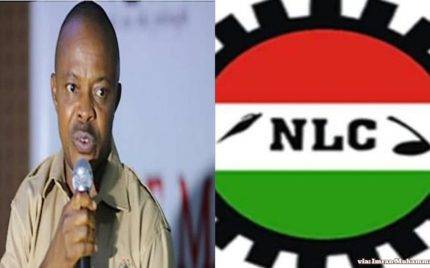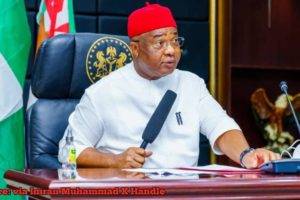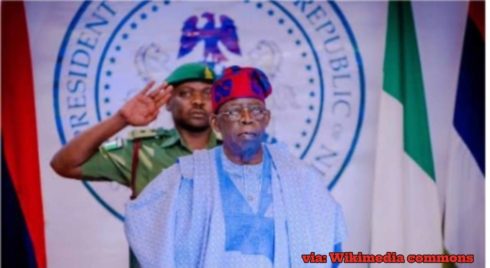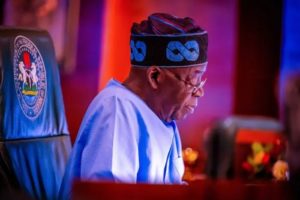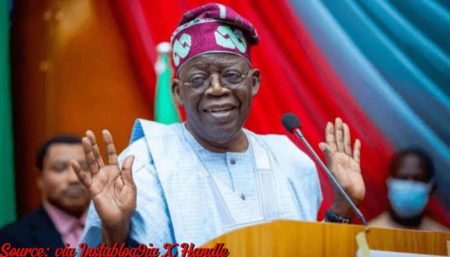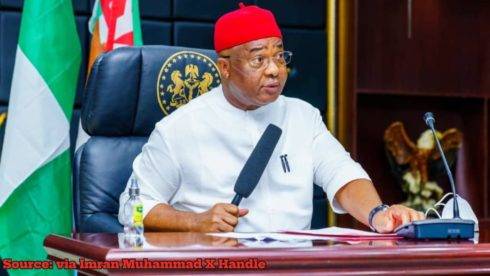President Bola Ahmed Tinubu has issued a directive to significantly reduce the size of Nigeria’s official delegation to the upcoming United Nations General Assembly (UNGA) meetings in New York, United States. This executive decision, aimed at optimizing Nigeria’s representation at the global forum, restricts attendance to only those officials with direct business at the event.
The directive, communicated through Chief of Staff Femi Gbajabiamila on Saturday in Abuja, marks a departure from previous practices where larger delegations were common. This move aligns with President Bola Ahmed Tinubu’s commitment to fiscal responsibility and efficient governance, ensuring that Nigeria’s presence at the 79th session of UNGA in September 2024 is both impactful and cost-effective.
Rationale Behind the Delegation Reduction
The decision to streamline Nigeria’s UNGA delegation reflects a broader strategy to optimize government spending and enhance the effectiveness of Nigeria’s international engagements. By limiting attendance to essential personnel, the administration aims to focus on quality rather than quantity in its diplomatic efforts.
This approach is expected to not only reduce costs associated with international travel and accommodation but also ensure that Nigeria’s representation at the UNGA is more focused and productive. The move signals a shift towards a more strategic and efficient approach to international diplomacy under President Bola Ahmed Tinubu’s leadership.
Impact on Nigeria’s Diplomatic Representation
The reduction in delegation size is likely to have significant implications for Nigeria’s diplomatic representation at the UNGA. With only authorized officials permitted to attend, Nigeria’s presence at the assembly will be more targeted, potentially leading to more meaningful engagements and discussions on key issues affecting the nation and the African continent.
This focused approach may enhance Nigeria’s ability to articulate its positions on global matters more effectively, as the smaller team can coordinate more closely and present a unified front on critical international issues. It also demonstrates Nigeria’s commitment to responsible participation in global forums, setting an example for efficient diplomatic engagement.
Challenges and Opportunities in Implementation
Implementing this directive may present both challenges and opportunities for Nigeria’s diplomatic corps. The selection process for determining which officials are deemed essential for the UNGA meetings will require careful consideration and clear criteria to ensure that all crucial areas of national interest are adequately represented.
However, this situation also presents an opportunity for Nigeria to refine its diplomatic strategy and prioritize its objectives at the UNGA. The smaller delegation size may encourage more thorough preparation and coordination among attending officials, potentially leading to more productive outcomes from the assembly.
President Bola Ahmed Tinubu: Reactions and Implications for Future International Engagements
President Bola Ahmed Tinubu’s decision has garnered attention both domestically and internationally, with various stakeholders weighing in on its potential impact. While some commend the move as a step towards more efficient governance, others may express concerns about potential limitations on Nigeria’s ability to fully engage in the multifaceted discussions at the UNGA.
This directive could set a precedent for Nigeria’s approach to other international forums and conferences, potentially leading to a broader reassessment of the country’s strategy for global engagement. It may also inspire other nations, particularly in Africa, to consider similar measures in optimizing their diplomatic efforts and resources.
Long-term Vision for Nigeria’s Global Diplomacy
President Bola Ahmed Tinubu’s directive reflects a long-term vision for reshaping Nigeria’s approach to global diplomacy. By emphasizing efficiency and strategic representation, the administration aims to enhance Nigeria’s influence on the world stage while demonstrating fiscal responsibility.
This move aligns with broader efforts to streamline government operations and maximize the impact of Nigeria’s international engagements. As the country continues to navigate complex global challenges, this refined approach to diplomatic representation may play a crucial role in advancing Nigeria’s interests and contributing meaningfully to global discourse.
Table of Contents
Discover more from OGM News NG
Subscribe to get the latest posts sent to your email.


